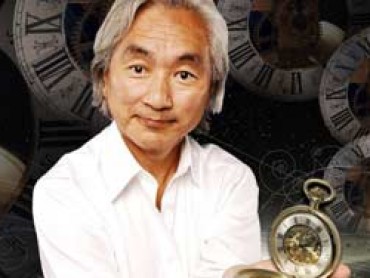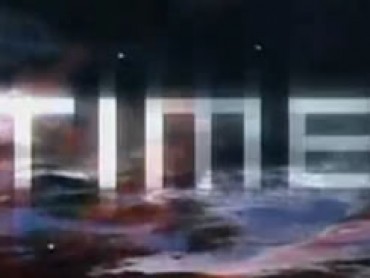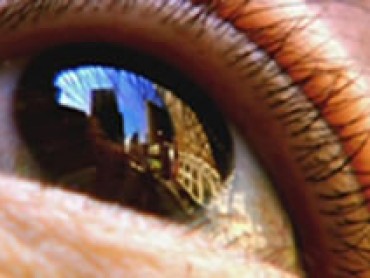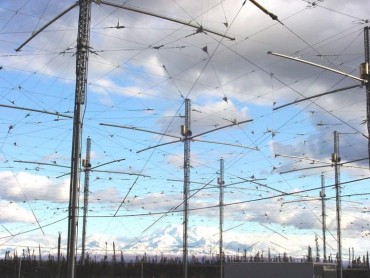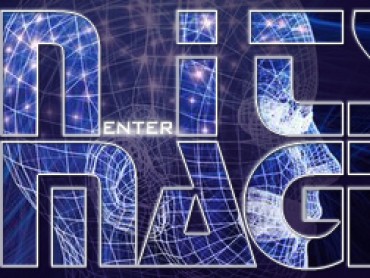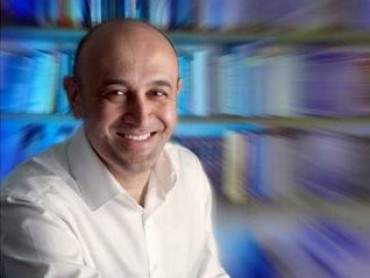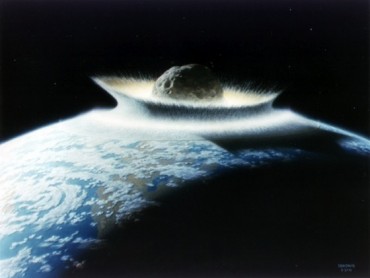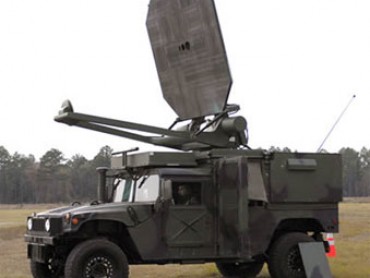In this four-programme series, string theory pioneer Michio Kaku goes on an extraordinary exploration of the world in search of time. He discovers our sense of time passing and the clocks that drive our bodies. He reveals the forces of time that make and destroy us in a lifetime. He journeys to some of the Earth’s most spectacular geological sites to look for clues to the extraordinary depths of
Science
In this four-programme series, string theory pioneer Michio Kaku goes on an extraordinary exploration of the world in search of time. He discovers our sense of time passing and the clocks that drive our bodies. He reveals the forces of time that make and destroy us in a lifetime. He journeys to some of the Earth’s most spectacular geological sites to look for clues to the extraordinary depths of
In this four-programme series, string theory pioneer Michio Kaku goes on an extraordinary exploration of the world in search of time. He discovers our sense of time passing and the clocks that drive our bodies. He reveals the forces of time that make and destroy us in a lifetime. He journeys to some of the Earth’s most spectacular geological sites to look for clues to the extraordinary depths of t
The late Carl Sagan said (which is related to this documentary) “We’ve arranged a global civilization in which most crucial elements profoundly depend on science and technology. We’ve also arranged things so that almost no one understands science or technology. We might get away with it for a while, but sooner or later, this combustible mixture of ignorance and power is going to blow up in our fac
In the mid 70s, Steve Thaler began toying with rudimentary artificial neural networks. Soon after, he began to experiment with colonies of neural networks that launched into brainstorming sessions with one another to produce the equivalent of stream of consciousness and contemplation. As he observed these neural architectures developing attitudes about themselves, he began to wonder if all of the
Physicist Jim Al-Khalili travels through Syria, Iran, Tunisia and Spain to tell the story of the great leap in scientific knowledge that took place in the Islamic world between the 8th and 14th centuries.Its legacy is tangible, with terms like algebra, algorithm and alkali all being Arabic in origin and at the very heart of modern science - there would be no modern mathematics or physics without
In the far corner of our solar system, orbiting quietly, lurks one of the biggest threats to the survival of the human species. Somewhere out there, there’s an asteroid with our name on it. The Earth is under constant bombardment. Each year, many fragments of debris hit our planet. Fortunately for us, most are so small that they burn up harmlessly in the atmosphere. However , there are hundreds
In this episode of Future Weapons Richard shows us the Active Denial System, a non-lethal way of protecting troops, the Crusher unmanned ground combat vehicle, and the US Army's Future Combat Systems that integrates soldiers and technology like never before.
Simon Singh and John Lynch's film tells the enthralling and emotional story of Andrew Wiles. A quiet English mathematician, he was drawn into maths by Fermat's puzzle, but at Cambridge in the '70s, FLT was considered a joke, so he set it aside. Then, in 1986, an extraordinary idea linked this irritating problem with one of the most profound ideas of modern mathematics: the Taniyama-Shimura Conject

